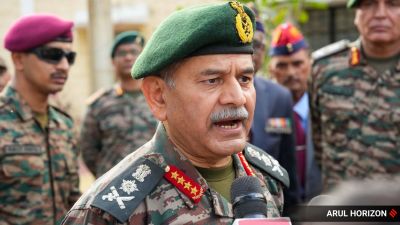Friendship upgrade
Bhattarais visit helps restore India-Nepal trust; now he must carry his Maoist party along
A special relationship rarely entails standoffs. Yet thats precisely whats characterised the India-Nepal relationship for much of the time since Nepals transition to a republic,especially during Maoist chief Prachandas premiership. It is,therefore,as much in the fitness of things as in mutual interest that India is engaging Nepal again. Nepal Prime Minister Baburam Bhattarais visit sought to realign the two countries along old and new paths of cooperation,observing their historic neighbourly ties while recasting them in the current context. Indias concern with the Maoists Nepals largest parliamentary bloc had been their attitude to the still unresolved peace process. Bhattarai has signalled a positive change in the UCPN-Ms commitment to it. Delhi and Kathmandu agreed to move ahead,although the internal dynamic of the peace process will determine the speed and smoothness of Nepals transition to a healthy democracy.
Economic development and bilateral trade lead Bhattarais Indian agenda. While he has assured steps to promote an investor-friendly and enabling business environment for Indian investments in Nepal,Nepals growing trade deficit with India will be looked into among other trade and transit issues. Nevertheless,Delhi could be more pro-active in cutting that trade imbalance; and Kathmandu can only benefit from depoliticising its economic ties with India. Bhattarai also addressed a key Indian concern of security,saying Nepals territory would not be allowed to be used for anti-India activities. There remain several outstanding issues to be sorted out,and operationalising the current agreements will be a challenge. However,Bhattarais pragmatism should get its share of credit.
An important aspect of the relationship that needs to be revised is the 1950 Treaty of Peace and Friendship. Bhattarai may have mitigated the essential Maoist hostility for this treaty,but in order to modernise India-Nepal relations,this relic of another era must be updated. The Eminent Persons Group proposed to look holistically into ties and the proposal to revitalise bilateral mechanisms are actually centred around this task. For its part,India has shown it is prepared to work with a Maoist-led government. Now it remains to be seen if Bhattarai,battling rebellion within his party,is able to convince his Maoist colleagues.
- 01
- 02
- 03
- 04
- 05





























